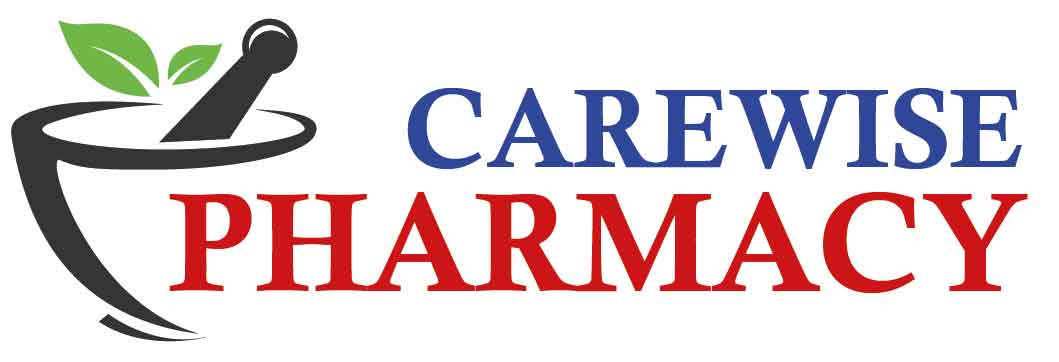Eczema, also known as atopic dermatitis, is a common chronic skin condition that affects millions of people worldwide. Characterized by dry, itchy, and inflamed skin, eczema can significantly impact an individual’s quality of life, often leading to discomfort and emotional distress. Understanding the causes, symptoms, and available over-the-counter (OTC) treatments can help manage eczema effectively and improve skin health.
What Causes Eczema?
While the exact cause of eczema is not fully understood, it is believed to result from a combination of genetic and environmental factors. Individuals with a family history of eczema, allergies, or asthma are at a higher risk. Eczema often flares up in response to irritants such as soaps, detergents, or certain fabrics, as well as environmental factors like pollen, dust mites, and pet dander. Stress, temperature changes, and hormonal fluctuations can also exacerbate symptoms.
Symptoms of Eczema
The symptoms of eczema can vary from person to person, but common signs include:
- Dry, Scaly Skin: Affected areas may appear rough and flaky.
- Intense Itching: Itching is often worse at night, leading to discomfort and difficulty sleeping.
- Red or Brownish-Gray Patches: These patches typically appear on the hands, feet, ankles, wrists, eyelids, neck, and the inside of the elbows and knees.
- Thickened, Cracked Skin: Prolonged scratching can lead to thickened, leathery skin known as lichenification.
- Oozing or Crusting: In some cases, the affected areas may ooze or crust over, especially if scratched.
Over-the-Counter Treatment Options for Eczema
Managing eczema typically involves a combination of skincare routines and treatments. Fortunately, several OTC options can help alleviate symptoms and improve the condition of the skin.
- Moisturizers: Keeping the skin hydrated is crucial for managing eczema. Look for thick, emollient creams or ointments that provide long-lasting moisture. Ingredients to look for include:
- Petrolatum: Forms a protective barrier to lock in moisture.
- Glycerin: Attracts water to the skin, promoting hydration.
- Ceramides: Help restore the skin’s natural barrier function.
- Apply moisturizers immediately after bathing to help seal in moisture and keep the skin hydrated throughout the day.
- Topical Corticosteroids: These anti-inflammatory creams and ointments can help reduce itching, redness, and inflammation during flare-ups. Common OTC options include:
- Hydrocortisone Cream (1%): Provides mild relief for itching and inflammation. Use it sparingly on affected areas for short periods.
- Clobetasone Butyrate (Eumovate): A stronger option for moderate symptoms, available in cream and ointment forms.
- While effective, it’s essential to follow the instructions on the packaging and consult a healthcare professional if symptoms persist.
- Antihistamines: If itching is severe, oral antihistamines can help relieve itching and improve sleep quality. Common OTC options include:
- Diphenhydramine (Benadryl): Effective for short-term relief but may cause drowsiness.
- Cetirizine (Zyrtec): A non-drowsy alternative suitable for daytime use.
- Colloidal Oatmeal: Products containing colloidal oatmeal can soothe irritated skin and provide relief from itching. Look for creams or bath products that contain this ingredient, which helps to moisturize and protect the skin barrier.
- Wet Wrap Therapy: For severe flare-ups, wet wrap therapy can be effective. This involves applying a topical treatment and then covering the area with damp bandages or clothing to help retain moisture and enhance absorption.
When to Seek Professional Help
While many individuals find relief with OTC treatments, it’s important to consult a healthcare professional if:
- Eczema symptoms persist or worsen despite treatment.
- You experience severe itching that interferes with daily activities or sleep.
- There are signs of infection, such as increased redness, swelling, or pus.
Conclusion
Eczema can be a challenging condition, but with the right understanding and treatment approach, it can be effectively managed. Over-the-counter options, including moisturizers, topical corticosteroids, antihistamines, and soothing ingredients like colloidal oatmeal, can provide significant relief. At CareWise Pharmacy, our knowledgeable staff is here to assist you in selecting the best products for your eczema management, helping you achieve healthier, more comfortable skin. Don’t let eczema control your life—take proactive steps to manage your symptoms and enjoy a better quality of life!





